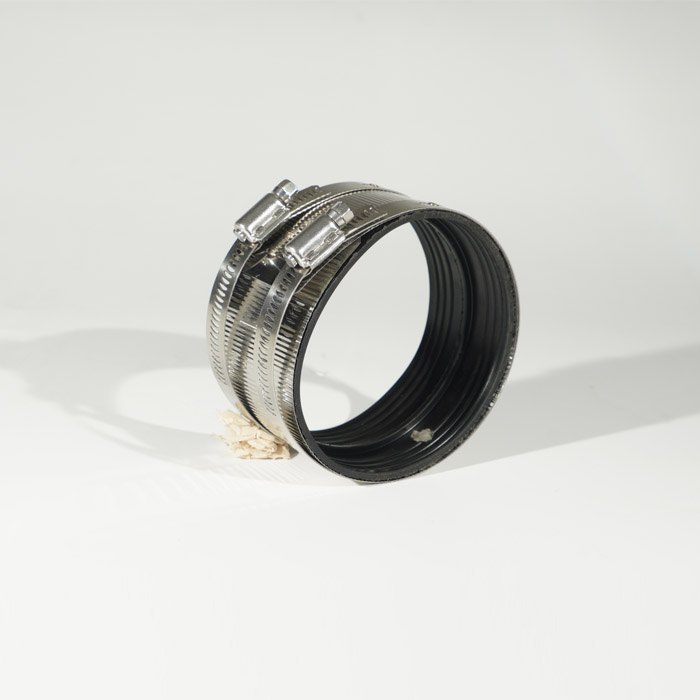- Phone:+86-17331948172 +86-0319-8862898
- E-mail: inquiry@puxingclamp.com
Nov . 07, 2024 13:08 Back to list
High-quality fuel injection hose clamps from trusted manufacturers for reliable performance and durability
The Importance of Quality Fuel Injection Hose Clamps in Automotive Applications
In the automotive industry, precision engineering and high-quality components are critical for ensuring optimal performance and safety. Among these components, fuel injection hose clamps play a vital role in maintaining the integrity of the fuel system. With the growing demand for reliable fuel delivery mechanisms in vehicles, manufacturers of fuel injection hose clamps have emerged as key players in the automotive supply chain. This article explores the significance of fuel injection hose clamps, the characteristics of good manufacturers, and the future trends in this niche market.
Understanding Fuel Injection Hose Clamps
Fuel injection hose clamps are specialized fittings designed to secure fuel hoses to fuel injectors, fuel lines, and other components of the fuel system. These clamps prevent fuel leakage, which can lead to engine performance issues, safety hazards, and environmental concerns. The design and material of these clamps must withstand not only the high pressure of the fuel system but also the temperature variations and chemical exposure typical in automotive environments.
Typically, fuel injection hose clamps are made from materials such as stainless steel, zinc-plated steel, or other corrosion-resistant alloys. The clamp must provide a tight seal while being easy to install and remove for maintenance purposes. Manufacturers that focus on high-quality fuel injection hose clamps ensure that their products can withstand these challenges, thus guaranteeing the safety and reliability of the vehicles that rely on them.
The Role of Manufacturers
With the growing complexity of modern vehicles and their fuel systems, the role of manufacturers in producing quality fuel injection hose clamps cannot be overstated. A reputable manufacturer should have extensive experience in the field and a commitment to using advanced manufacturing techniques. For instance, manufacturers often employ processes such as CNC machining and robotic assembly to ensure precision in the size and fit of their clamps.
In addition to production quality, manufacturers must also adhere to industry standards and certifications. Many automotive components, including fuel injection hose clamps, are subject to regulations set forth by governing bodies such as the Society of Automotive Engineers (SAE) and the International Organization for Standardization (ISO). Compliance with these standards not only ensures the safety and reliability of the product but also enhances the manufacturer’s credibility in the market.
Moreover, a successful fuel injection hose clamp manufacturer invests in research and development (R&D) to innovate and improve their products continually. New materials, designs, and production methods can significantly enhance the performance of hose clamps. For example, innovations in elastic materials or self-locking mechanisms can further reduce the risk of fuel leaks, thereby enhancing overall vehicle safety.
1/4 fuel injection hose clamps manufacturer

Challenges in the Industry
Despite the demand for high-quality fuel injection hose clamps, manufacturers face several challenges in the industry. One such challenge is the fluctuation in raw material prices, which can affect production costs. Additionally, the rise of counterfeit products in the market poses a significant threat to both manufacturers and consumers. Counterfeit clamps can lead to severe safety issues, as they may not meet the required specifications or material standards.
To combat these challenges, manufacturers must focus on building strong relationships with their suppliers and investing in quality control measures. Implementing advanced testing procedures and embracing transparency in the production process can help maintain product quality and customer trust.
Future Trends in Fuel Injection Hose Clamps
Looking ahead, the future of the fuel injection hose clamp market appears promising but requires adaptation to industry changes. The ongoing developments in electric and hybrid vehicles will likely influence the design and production of hose clamps. As automotive technology evolves, manufacturers must be prepared to create products compatible with new fuel systems and configurations.
Moreover, sustainability is becoming increasingly important in the automotive industry. Manufacturers that focus on eco-friendly practices, such as using recyclable materials and minimizing waste during production, will gain a competitive edge in the market.
Furthermore, technological advancements such as 3D printing may revolutionize the manufacturing process, allowing for more intricate designs and quicker prototyping of new products. These trends suggest that the future of fuel injection hose clamps will be characterized by innovation, sustainability, and enhanced performance.
Conclusion
In conclusion, fuel injection hose clamps are essential components in the automotive industry, ensuring the safe and efficient delivery of fuel in vehicles. The role of manufacturers in producing high-quality, reliable hose clamps is vital for maintaining vehicle performance and safety. As the industry evolves, manufacturers must embrace innovation and sustainability to meet the changing demands of the market. By focusing on quality and adaptation, they can continue to play a crucial role in the automotive supply chain and contribute to the future of transportation.
-
High Quality Precision Stainless Steel Strip - GPT-4-Turbo Grade
NewsAug.02,2025
-
Heavy Duty Hose Clamp | Premium Durability & Security
NewsAug.01,2025
-
Large Stainless Steel Adjustable American Type Hose Clamp - Hebei Pux Alloy Technology Co., Ltd.
NewsAug.01,2025
-
Large Stainless Steel Adjustable American Type Hose Clamp - Hebei Pux Alloy Technology Co., Ltd
NewsAug.01,2025
-
Large Stainless Steel Adjustable American Type Hose Clamp - Hebei Pux Alloy Technology Co., Ltd.
NewsJul.31,2025
-
Large Stainless Steel Adjustable American Type Hose Clamp - Hebei Pux Alloy Technology Co., Ltd | Corrosion Resistance, High Torque
NewsJul.31,2025




